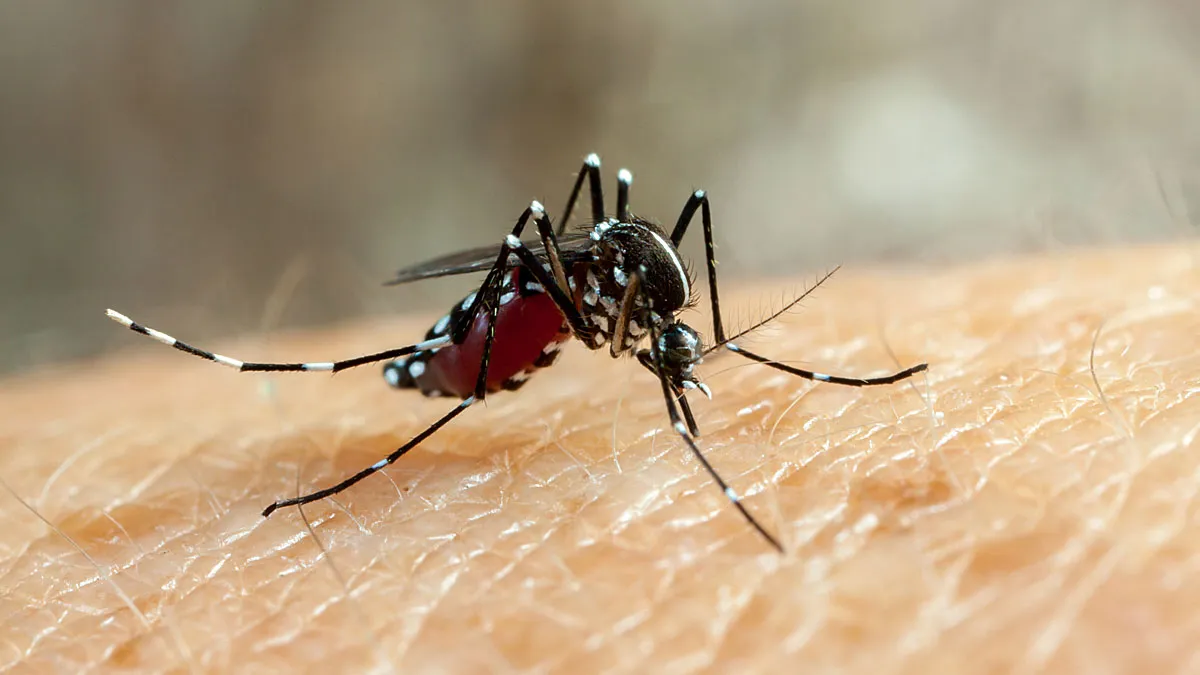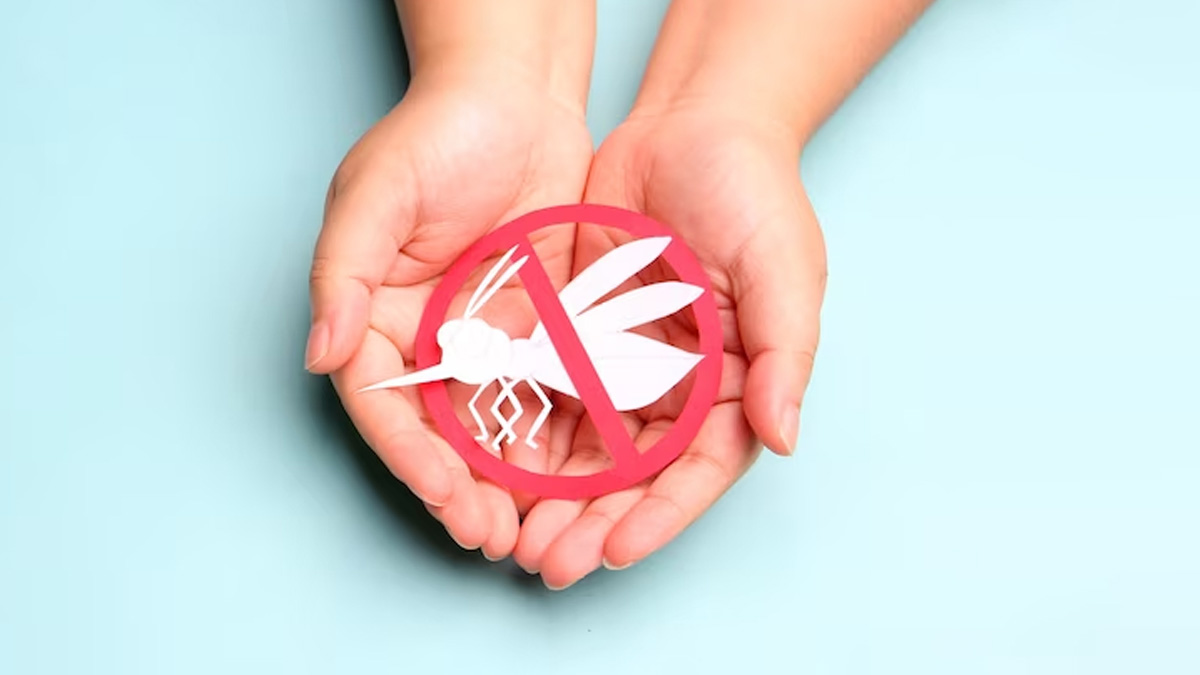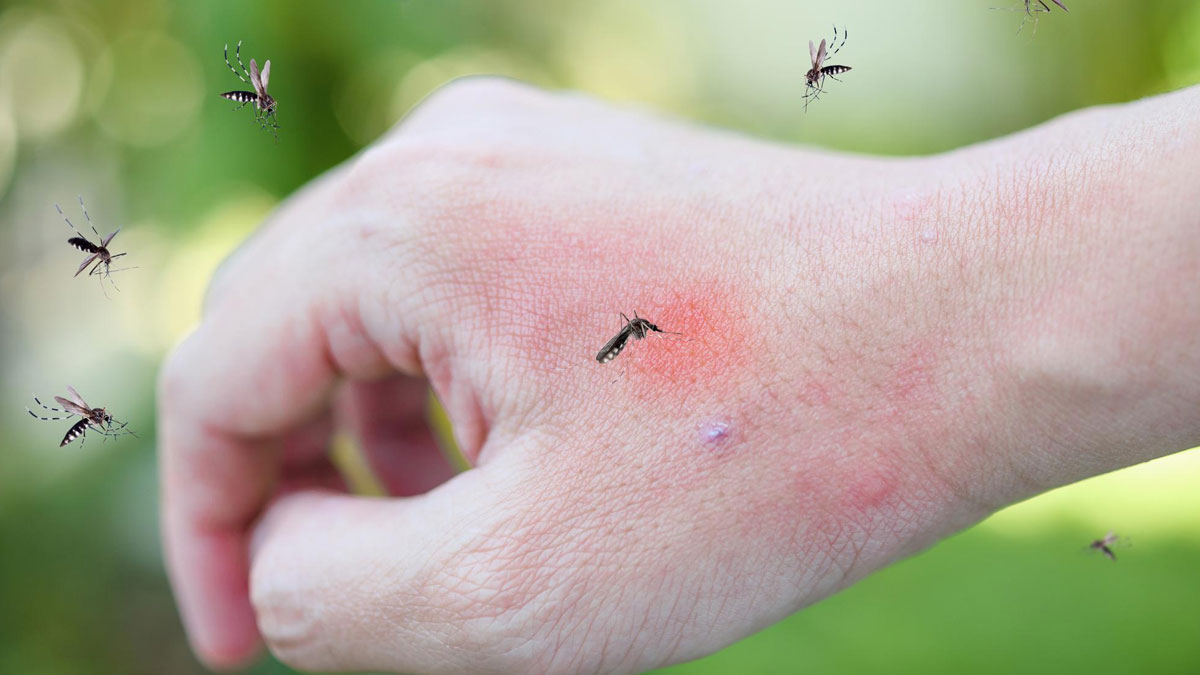
Malaria is a life-threatening disease caused by parasites transmitted to humans through the bites of infected female Anopheles mosquitoes. It's 1 a significant public health concern, particularly in tropical and subtropical regions around the world. Once an infected mosquito bites a person, the parasites multiply in the liver before infecting red blood cells. This infection of the red blood cells is what leads to the various symptoms of malaria.
Table of Content:-
Recognising the early signs of this illness is crucial for prompt diagnosis and treatment, which can significantly reduce the risk of severe complications and even death. Here are 10 early signs of malaria that you should never ignore:
1. Feeling Like You Have the Flu
One of the first signs of malaria can feel a lot like the regular flu. You might have a fever, feel chilly, and just feel generally unwell. This general malaise can make you think it's just a common bug, but pay attention if it persists.
2. High Temperature
A high fever is a very common sign of malaria. Your temperature might go up and down. Keep a record of your temperature readings to share with your doctor.

Also Read: World Malaria Day 2025: Theme, History and Why It Matters Today
3. Shivering and Chills
Even if you don't feel particularly cold, you might experience strong shivering and chills. This can happen in cycles and is a key sign that something isn't right. These intense shaking episodes can be quite distinct from simply feeling a bit cold.
4. Sweating a Lot
After the chills, you might suddenly start sweating a lot. This can also happen in cycles as your body tries to fight the infection. The feeling of being drenched in sweat, especially without much physical activity, is concerning.
5. Headache
A persistent headache can be another early warning sign of malaria. It might feel different from your usual headaches. This headache might be throbbing or accompanied by other symptoms.

6. Muscle Aches and Pain
You might feel aches and pains in your muscles and joints, similar to what you feel when you have the flu. These pains can sometimes be quite severe and limit your movement.
Also Read: World Malaria Day 2025: Theme, History and Why It Matters Today
7. Feeling Very Tired
Malaria can make you feel extremely tired and weak, even if you haven't done much. This feeling of fatigue can be overwhelming. This isn't just regular tiredness; it's a deep exhaustion that doesn't improve with rest.
8. Nausea and Vomiting
Some people with early malaria might feel sick to their stomach and even vomit. These digestive issues can occur even if you haven't eaten anything that would normally upset your stomach.
9. Diarrhoea
Along with feeling sick, you might also experience diarrhoea. Frequent and loose bowel movements should not be ignored, especially with other symptoms.
10. Loss of Appetite
You might not feel like eating and experience a loss of appetite. A sudden disinterest in food can be another clue that your body is fighting something.
Important Things to Remember
- Time Matters: If you experience these symptoms, especially if you've been in an area with malaria, see a doctor right away. Early treatment can prevent serious problems.
- Don't Wait: Don't wait to see if the symptoms get better on their own. Malaria can become very dangerous quickly.
- Tell Your Doctor: Tell your doctor if you have travelled to a place where malaria is common, even if it was a while ago.
Taking these early signs seriously can help you get the care you need and stay healthy. If you're unsure, it's always best to talk to a healthcare professional.
Also watch this video
How we keep this article up to date:
We work with experts and keep a close eye on the latest in health and wellness. Whenever there is a new research or helpful information, we update our articles with accurate and useful advice.
Current Version